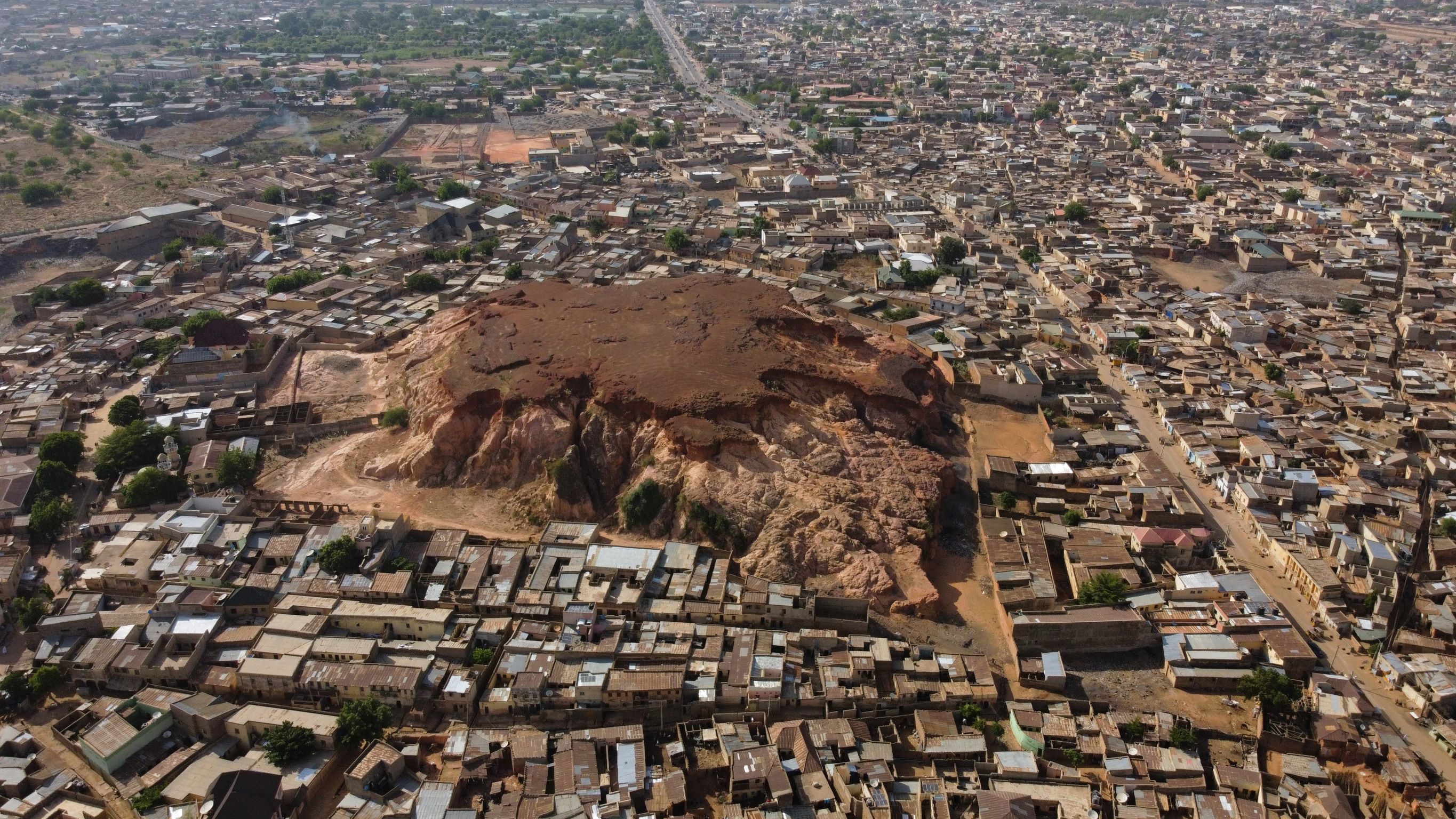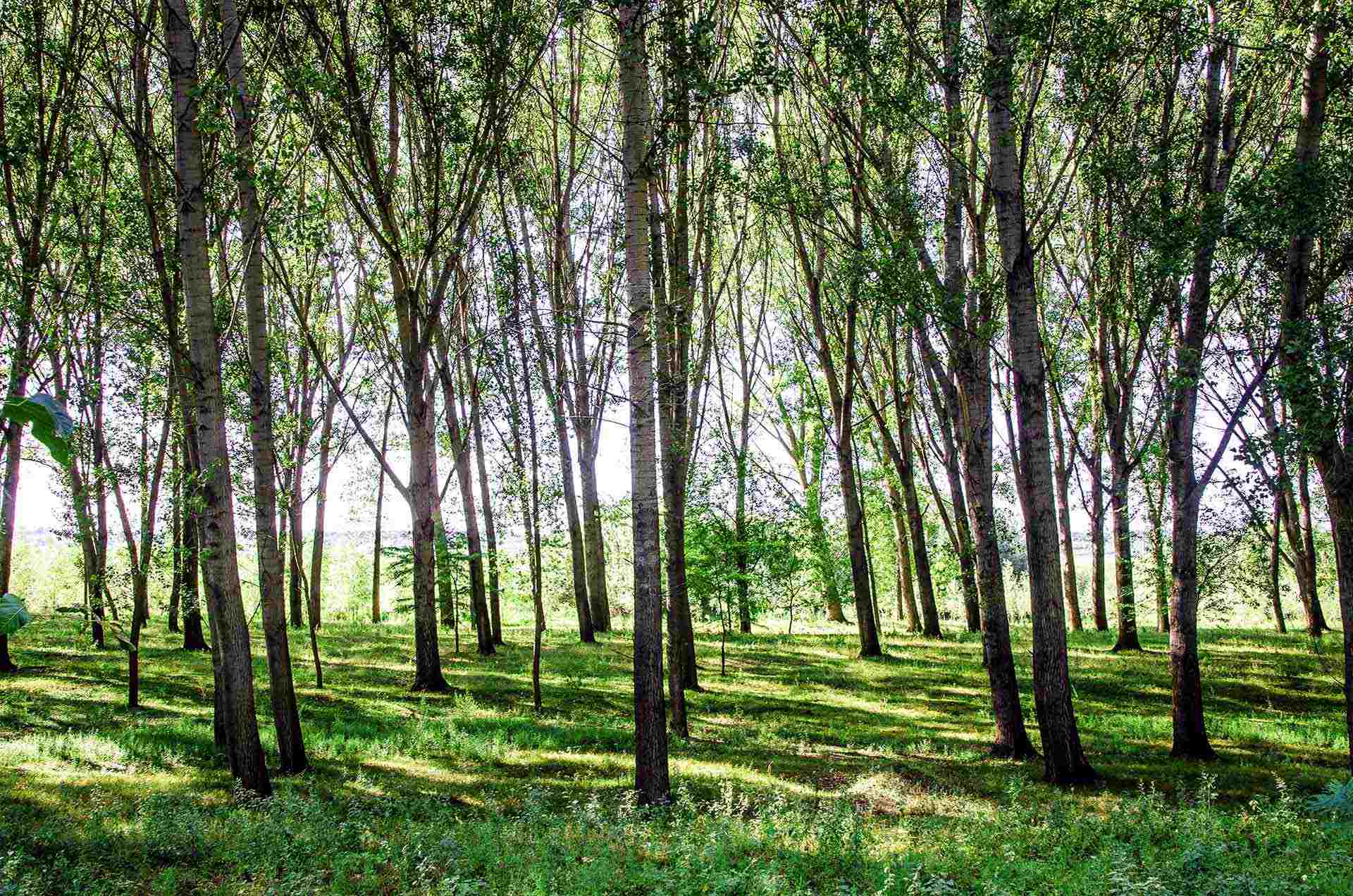
Welcome to this fascinating journey through 44 intriguing facts about Kano! Located in northern Nigeria, Kano is a city steeped in history, culture, and tradition. As one of the oldest cities in Africa, Kano has witnessed the rise and fall of powerful empires, the influence of Islam, and the blending of diverse ethnic groups. From its bustling markets to its architectural wonders, Kano offers an enriching experience for both locals and travelers alike.
In this article, we will delve into a variety of facts that highlight the unique aspects of Kano. From its ancient walls that still stand proud to its vibrant arts and crafts scene, there is no shortage of fascinating tidbits to discover. Join us as we explore the historical importance of Kano, its incredible landmarks, its vibrant festivals, and much more. So, let’s embark on this journey and unlock the secrets of Kano, one fact at a time!
Key Takeaways:
- Kano, the largest city in Northern Nigeria, boasts a rich history dating back over a thousand years, vibrant traditional arts, and a diverse cultural tapestry, making it a captivating destination for history enthusiasts and culture lovers.
- From its iconic Great Mosque to its bustling markets and vibrant festivals, Kano offers a blend of historical landmarks, traditional crafts, and cultural celebrations, providing a rich and immersive experience for visitors seeking to explore Nigeria’s cultural heritage.
Kano is the largest city in Northern Nigeria.
Situated in the Sahelian region, Kano boasts a population of over 3 million people, making it the most populous city in Northern Nigeria.
The name “Kano” is derived from a Hausa word.
The name “Kano” comes from the Hausa word “Kanawa,” which means “snake.” The city was named after one of its early settlements, which was known for its encounters with snakes.
Kano has a rich history dating back over a thousand years.
Founded in the 10th century, Kano has a deep-rooted history that has shaped its identity as a cultural hub.
The city was an important center of trade along the Trans-Saharan trade route.
Kano’s strategic location made it a major trading post for goods and ideas traveling between West Africa and the Mediterranean.
The Great Mosque of Kano is a significant landmark.
Constructed in the 15th century, the Great Mosque of Kano is one of the oldest and largest mosques in West Africa.
Kano is renowned for its traditional dye pits.
The city is famous for its traditional dye pits, where vibrant fabrics are produced using natural dyes.
Kano is known for its vibrant traditional arts and crafts.
The city is a haven for artisans, who create intricate pottery, leatherworks, and handwoven textiles that showcase the rich cultural heritage of Kano.
The Emir’s Palace is a symbol of Kano’s royal heritage.
The historic Emir’s Palace, built in the 15th century, serves as the residence of the traditional ruler of Kano, the Emir.
The city hosts the annual Durbar Festival.
The Durbar Festival is a colorful celebration of Kano’s rich cultural heritage, featuring horseback parades, traditional music, and vibrant attire.
Kano is a major center for Islamic education in Nigeria.
The city is home to numerous Islamic schools, known as Madrasas, where students study Islamic theology and Arabic language.
Kano is famous for its vibrant open-air markets.
The city’s bustling markets, such as Kurmi Market and Sabon Gari Market, offer a wide range of goods, from local handicrafts to fresh produce.
Kano State Government is located in the city.
The seat of the Kano State Government, responsible for governing the state, is situated in Kano.
Kano is a major industrial and commercial center.
The city is a hub for manufacturing, textiles, agriculture, and commerce, contributing significantly to Nigeria’s economy.
Aminu Kano International Airport serves the city.
The airport facilitates domestic and international travel, connecting Kano to various destinations across the globe.
Kano is home to Bayero University, one of Nigeria’s top institutions for higher education.
Bayero University, located in Kano, is renowned for its academic excellence and research contributions.
The city has a vibrant nightlife scene.
Kano offers a mix of lively bars, nightclubs, and restaurants, providing entertainment options for residents and visitors alike.
The Kano Wall is a UNESCO World Heritage Site.
The ancient defensive wall surrounding the old city of Kano is a UNESCO World Heritage Site, demonstrating the city’s historical significance.
The city has a diverse culinary scene.
Kano is known for its delicious local cuisine, including popular dishes like suya (spiced grilled meat) and fura da nono (a millet-based beverage).
Kano has produced notable personalities in various fields.
From literature to sports, Kano has nurtured talents that have made significant contributions to the country and beyond.
Kano is a melting pot of different ethnicities and cultures.
The city is home to people from various ethnic backgrounds, including the Hausa, Fulani, Kanuri, and Igbo, leading to a diverse cultural tapestry.
The city hosts the annual Argungu Fishing Festival.
While not held in Kano itself, the nearby state of Kebbi hosts this renowned fishing festival, attracting participants and spectators from across the country.
Kano is known for its traditional horse riding displays.
Horse riding has long been a cherished tradition in Kano, with various equestrian events held throughout the year.
The city has a thriving film industry, known as Kannywood.
Kano is a hub for the Hausa-language film industry in Nigeria, producing a significant number of movies each year.
Kano is home to premier football clubs.
The city has produced successful football clubs, including Kano Pillars and Kano Pillars Female, who have achieved remarkable success in national competitions.
Kano is known for its beautiful traditional architecture.
The city showcases stunning examples of traditional Sudanese architectural style in its buildings and structures.
The city has a vibrant music scene.
Kano is known for its diverse music genres, ranging from traditional Hausa music to contemporary Afrobeat and hip hop.
Kano is a center for traditional textile production.
The city’s artisans excel in the art of weaving vibrant textiles, such as the famous Kano indigo-dyed fabrics.
The city has a thriving literary community.
Kano has produced renowned writers and poets, who contribute to Nigeria’s vibrant literary landscape.
Kano is home to fascinating museums.
The city boasts museums that showcase its rich cultural heritage, including the Gidan Makama Museum, showcasing traditional artifacts and historical exhibits.
Kano is known for its vibrant street art.
Throughout the city, colorful murals and graffiti adorn walls, showcasing the talents of local artists.
The annual Kano State Cultural Day celebrates the city’s cultural diversity.
On this day, people from different backgrounds come together to showcase their cultural heritage through music, dance, and traditional attire.
The city has a strong sporting culture.
In addition to football, Kano residents actively participate in sports such as wrestling, boxing, and athletics.
Kano is known for its traditional horse-drawn carriages, called “pulledas.”
These carriages are a popular mode of transportation, providing a nostalgic way to explore the city’s streets.
Kano has a vibrant fashion industry.
Local fashion designers in Kano create unique pieces that blend traditional African styles with contemporary trends.
The city is home to iconic architectural landmarks.
From the ancient Dala Hill to the modern Kano Pillars Stadium, the city boasts a range of architectural marvels.
Kano is a center for traditional leatherworks.
Skilled artisans in Kano produce intricately designed leather products, including bags, shoes, and belts.
The city has numerous educational institutions.
In addition to universities, Kano is home to primary and secondary schools that provide quality education to its residents.
Kano has a vibrant theater scene.
The city’s theaters host various theatrical performances, showcasing the talent and creativity of local artists.
The city has a rich folklore tradition.
Kano’s folklore traditions, passed down through generations, include mythical creatures, legends, and moral tales.
Kano has a thriving textile industry.
The city is known for its vibrant fabric production, with textiles ranging from tie-dyed adire to elegant damask fabrics.
Kano is a center for traditional pottery.
Skilled potters in Kano create beautifully crafted clay pots, plates, and decorative items using traditional techniques.
The city celebrates various cultural festivals throughout the year.
From the Gani Durbar to the Hawan Daushe, Kano residents passionately celebrate their cultural heritage through colorful festivals.
Kano has a rich Islamic heritage.
The city’s mosques, such as the Tahir Mosque and the Abubakar Gummi Central Mosque, are architectural gems that reflect its Islamic roots.
Kano is a city of resilience and cultural pride.
Despite challenges, the people of Kano continue to embrace their rich cultural heritage and contribute to the growth and development of the city.
As our journey through 44 facts about Kano comes to an end, we hope you’ve gained a deeper appreciation for this captivating city. From its historical landmarks to its vibrant traditions, Kano truly embodies the spirit of Nigeria. Whether you’re exploring its bustling markets, admiring its architecture, or soaking in its vibrant cultural scene, Kano promises an unforgettable experience. Discover the enchanting allure of Kano and immerse yourself in its rich tapestry of history and culture.
Conclusion
In conclusion, Kano is a city rich in history, culture, and natural beauty. With its vibrant markets, ancient artifacts, and architectural wonders, it is a place that offers a unique and immersive experience for both locals and visitors. Whether you’re interested in exploring the city’s historical sites, delving into its local cuisine, or simply soaking up its energetic atmosphere, Kano has something for everyone. From the famous Gidan Makama Museum to the bustling Kurmi Market, there are countless attractions to discover in this enchanting city. So, if you’re looking for a destination that combines tradition and modernity, Kano should definitely be on your travel bucket list.
FAQs
1. What is the history of Kano?
Kano has a rich history dating back to ancient times. It was founded by a group of Hausa people around the 10th century and quickly grew into a prosperous trading hub.
2. What are the must-visit attractions in Kano?
Some of the must-visit attractions in Kano include the Gidan Makama Museum, the Emir’s Palace, the Kurmi Market, and the Dala Hills.
3. Is Kano safe for tourists?
Kano is generally safe for tourists, but it is always recommended to take necessary precautions and follow local guidelines to ensure a safe and enjoyable trip.
4. What is the local cuisine like in Kano?
Kano is famous for its delicious local cuisine, which includes dishes like Tuwo Shinkafa, Miyan Kuka, and Dambu Nama. These dishes offer a unique blend of flavors and are a must-try for food enthusiasts.
5. What is the best time to visit Kano?
The best time to visit Kano is during the dry season, which runs from November to April. The weather is pleasant, and it is the perfect time to explore the city and its attractions.
Kano's vibrant history, cultural traditions, and hidden gems make this Nigerian city truly captivating. From its ancient mosques and royal palaces to thriving arts, crafts, and culinary scenes, Kano offers a wealth of experiences for visitors and residents alike. Exploring the city's diverse ethnic tapestry, traditional festivals, and architectural wonders reveals a rich heritage that continues to shape Kano's identity. Whether you're interested in learning about the city's role in Islamic education, discovering its thriving film and music industries, or immersing yourself in its vibrant markets and street life, Kano promises an unforgettable journey into the heart of Northern Nigeria. For those seeking to expand their knowledge of the world's fascinating cultures, delving into the various martial arts styles practiced around the globe can be an enriching experience.
Was this page helpful?
Our commitment to delivering trustworthy and engaging content is at the heart of what we do. Each fact on our site is contributed by real users like you, bringing a wealth of diverse insights and information. To ensure the highest standards of accuracy and reliability, our dedicated editors meticulously review each submission. This process guarantees that the facts we share are not only fascinating but also credible. Trust in our commitment to quality and authenticity as you explore and learn with us.


